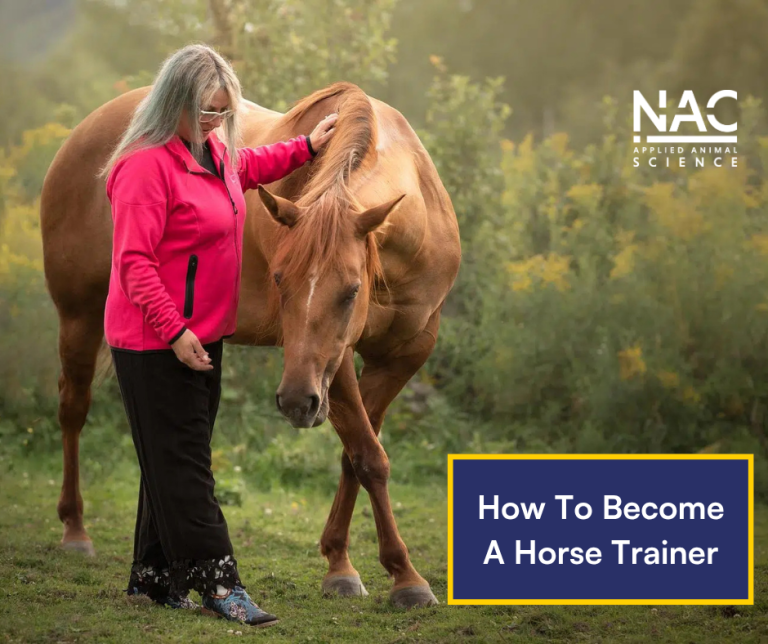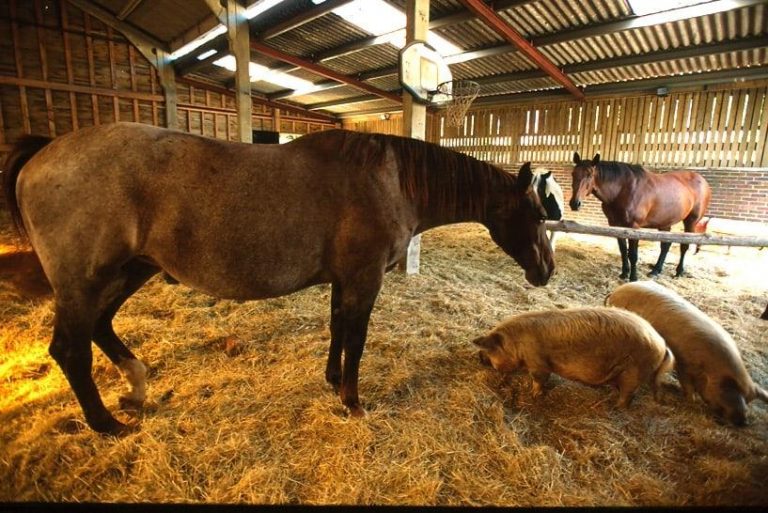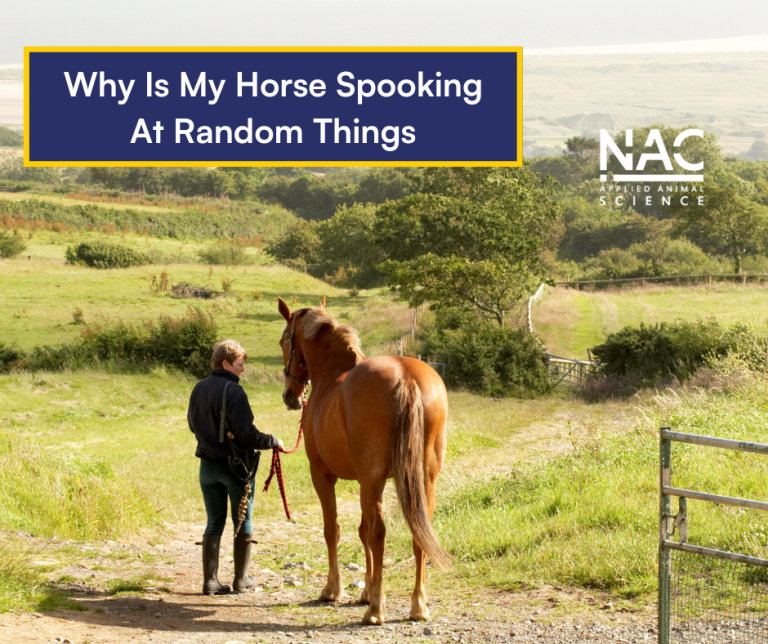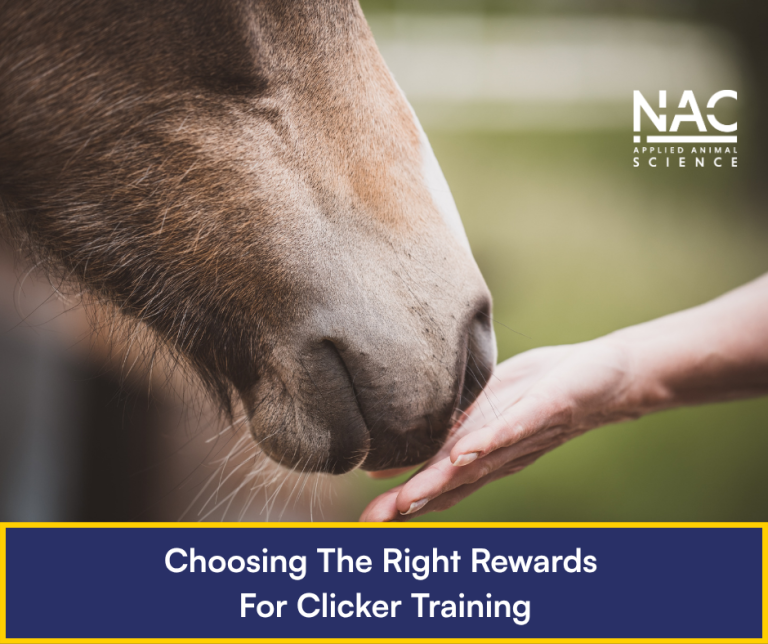A career in horse training can be one of the most rewarding paths you can venture down. The perfect vocation for someone who has grown up around horses and has a burning passion for them, allowing you to spend the majority of your time doing what you love. However, some people can become overwhelmed when trying to work out how to become a horse trainer, with so many moving parts it comes across as confusing. Using our expertise as horse trainers, we will outline what it takes to become a horse trainer and how you can do just that.
Horse trainers play a pivotal role in shaping how the equine industry operates. They are the ones who interact with the horses on a daily basis, nurturing and instilling good behaviours whilst also taking care of their wellbeing. It cannot be understated how important trainers are to the equine industry, highlighting the need for more well-educated trainers to improve the overall standard.
Essential Horse Trainer Qualities
The biggest quality needed to succeed as a horse trainer is an obvious one. Ensuring you have a passion for horses will help you massive amounts as this will be what gives you the drive to better yourself every day. There are of course other traits like being knowledgeable, intuitive and even calm under pressure that go a long way in developing a career as a trainer.
From our own experience working with students and alumni of The NAC, we find that clear communication is one of the best qualities a trainer can have. Not everyone will understand why you do certain things, so making sure to keep all relevant parties involved and being able to rephrase things when they can come across as confusing is essential.
What Does Being a Horse Trainer Include?
The primary responsibility of a horse trainer is to coach and train a horse for its intended use. Whether that’s for racing, dressage or even just general riding, a horse trainer’s sole purpose is to help that horse become as effective at its role. A trainer will work with the horse and its rider, developing good habits that result in positive behavioural changes.
While most horse trainers will use behavioural science to adapt the horse’s behaviour, they are expected to be able to use a plethora of training techniques in order to change how the horse behaves and build healthy habits.
For those looking to become horse trainers, they should expect to be very hands on every day. In a role that involves the outdoors and working with horses, in order to drive home theoretical science you have to be willing to persist and be patient with the horse. The working hours are likely to be long whether you work for yourself or someone else, but your passion for horses will make it all worth it.
What Education is Needed to Become a Horse Trainer?
In order to become a certified horse trainer, you need to have some form of qualification to show you know your stuff. However, as is the case with a lot of the working world, experience counts for an awful lot when your qualifications are lacking. In an ideal world, you have both the appropriate qualifications along with a wealth of experience to lean on.
Formal Education
Do you need a Degree to Become a Horse Trainer?
You don’t need a degree to become a certified professional horse trainer. While it is a potential route to becoming one, it can often be costly, time-consuming and less effective than alternative routes. It is important to do your research before committing to a degree course that will last a minimum of 3 years.
Certified Horse Trainer Qualifications
Here at The NAC, we champion the alternative route, which comes with a faster and, in our opinion, better pathway to becoming a horse trainer. Our Diploma in Equine Training & Coaching teaches you everything you need to know to become a horse trainer, from behavioural theory to implementing training practices, it is all included in our 10-month course.
It is also the only equine training diploma that’s recognised by the ABTC and serves as a multi-accredited pathway to becoming a registered Equine Training Instructor. Not only is this diploma recognised by ABTC, but it is also accredited by Ofqual-Regulated Body, NOCN as well as UK Rural Skills.
The advantage of undertaking a course like this on your quest to becoming a horse trainer is that it utilises and encourages real-world experience to supplement theoretical learning. The likes of equine degrees typically lean towards more book learning, whereas at The NAC we like to harness actual experience to reinforce learning.
Practical Experience
Having hands-on experience working with horses, and implementing behavioural sciences to improve your horse’s habits is what sets you apart in the equine training industry. Especially if you are attempting to break into the industry as a graduate, or even when you’re setting up your own business looking to win over clients. It cannot be understated how important it is to get out there and get firsthand experience working with horses. Not only will it further your learning, but it also demonstrates your passion for horses goes beyond the textbook.
With that being said, do not shy away from extra reading. The equine industry is always evolving with new research being published all the time suggesting new changes to best practices. By actively reading and engaging with this content, you ensure you stay up to date with industry best practices, which then can be reflected in how you operate as a professional equine coach.
Building a Career in Horse Training
As is the case with any vocation, it comes with its own challenges. Of course, what matters is how you bounce back from the adversity and how you respond to the challenge. Equine coaching is no different, some you can control and others you can’t. When building your career in horse training you will come across many challenges, none of which can’t be fixed with persistence and passion. The reward of becoming a horse trainer is exceptional. You get to work with horses every day, sometimes working for yourself, giving you extra independence. Other times you will be working with other people who are equally passionate about horses.
There are many ways to build up a career in horse training. You have to remember that everyone starts somewhere, so you shouldn’t underestimate the positive effect of becoming a stable hand or assistant can have on your career. From here, along with achieving the appropriate qualifications, you will have all the tools to begin forging a career as an equine coach.
For many, self-employment is the chosen route to making horse coaching their career. Working for yourself means you run your own business, your earning potential increases, you choose your own work hours but it does come with different pressures and challenges. You are responsible for securing your own clients, servicing them from start to finish as well as other business admin aspects that some don’t think about.
The reward of working for yourself is massive, but it does come with its fair share of adversity. We would first recommend working with others, potentially at a larger stable, before establishing your own business. Here you can build connections, ply your trade and ultimately put yourself in a healthier position to succeed working for yourself.
Free Horse Training Guides and Resources
Here at The NAC, we believe high-quality education and resources should be accessible to everyone, which is why we regularly update our free resources page with the latest information. As the industry changes, it is important to stay up to date with its evolution, which is why we encourage all of our students and alumni to regularly check our free resources for the latest horse training guides.
Turn Your Passion into a Career
If you have a love for all things horses and want to turn your passion into a career, The NAC has the next steps for you. Our Diploma in Equine Training and Coaching is the perfect course for people looking to make their first steps into the professional world of equine training. Created by industry experts, this course is the only equine training diploma that’s recognised by the ABTC and serves as a multi-accredited pathway to becoming a registered Equine Training Instructor.
For more information on what it’s like to learn with The NAC, please do not hesitate to get in touch with us. A member of our team will be happy to talk you through the process and how we help you get a foothold in the equine industry.
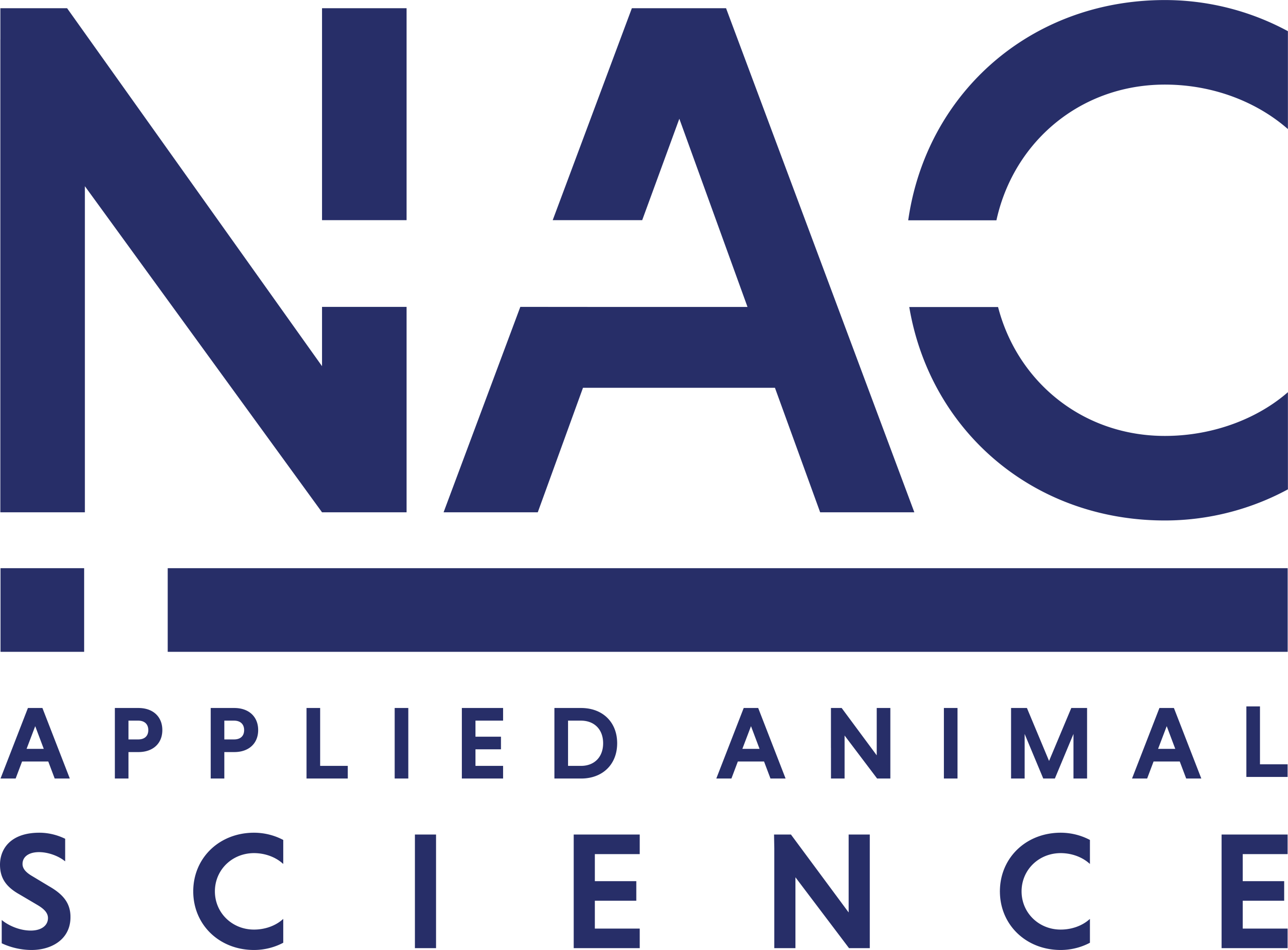
![Dog Recall Training [Guide]](https://the-nac.co.uk/wp-content/uploads/2025/04/5-1-768x644.png)
